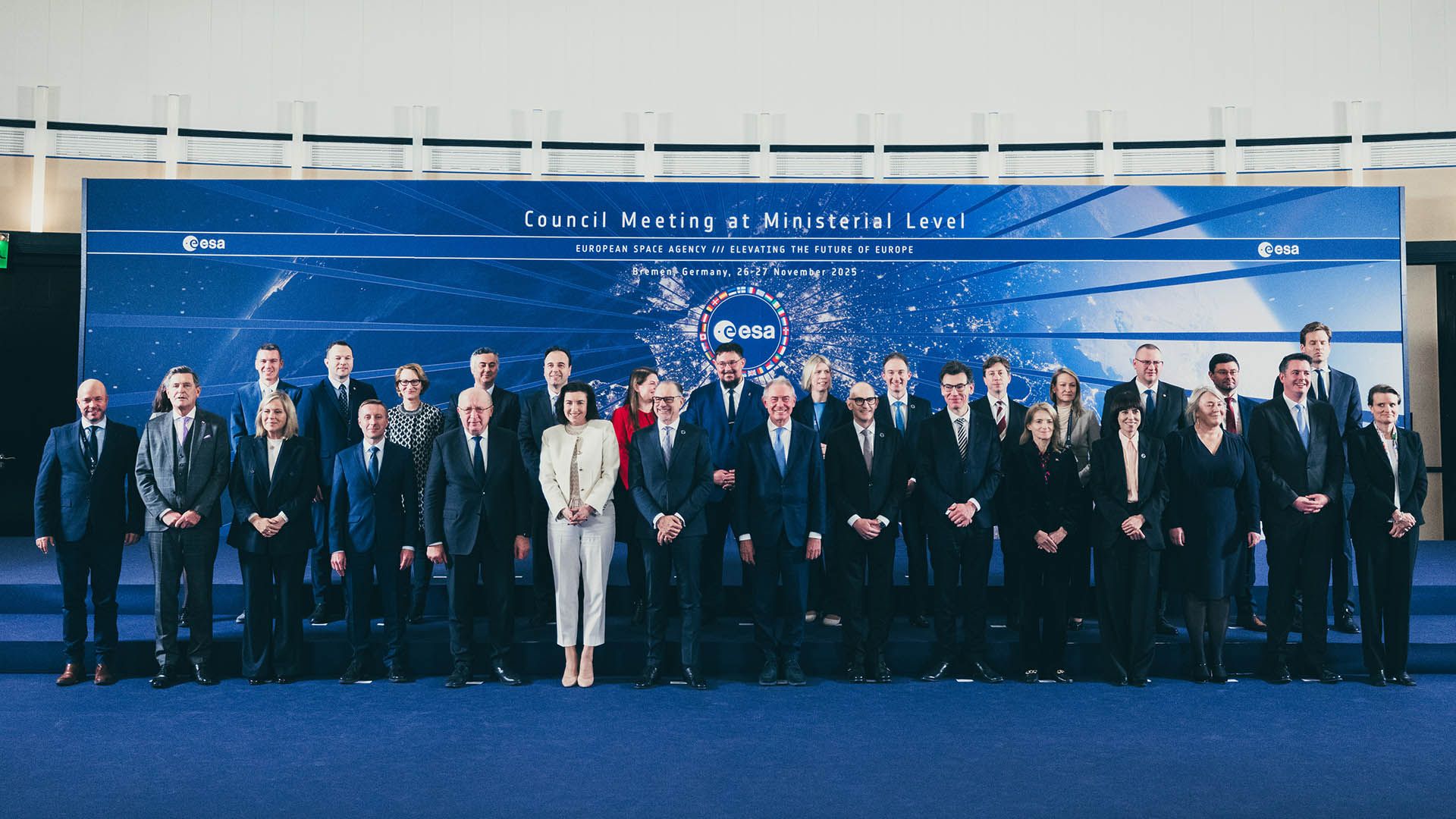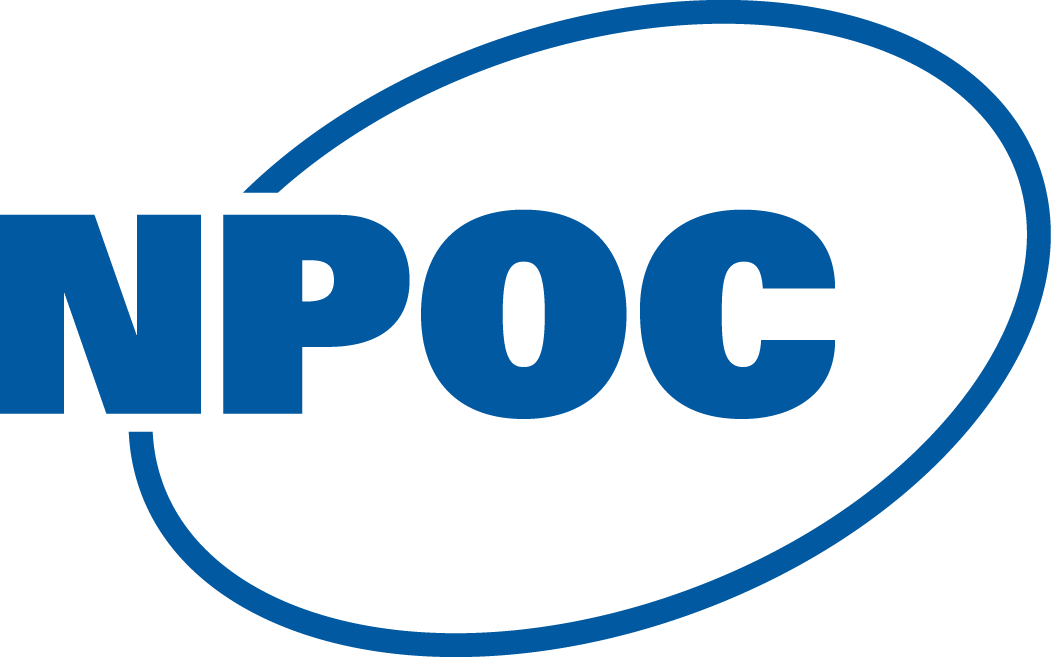ESA Council Meeting at Ministerial Level 2025: Laying the foundations for a resilient and competitive European space sector
Bern, 27.11.2025 — The Council Meeting at Ministerial Level of the European Space Agency (ESA) held in Bremen on 26-27 November focused on the strategic orientation and financing of key space programmes for the coming years, totalling EUR 22.1 billion. Switzerland, represented by State Secretary Martina Hirayama, will contribute EUR 771 million to strengthen and advance the space sector in Europe together with its European partners.

With its contribution of EUR 771 million, Switzerland is committing primarily to programmes in the fields of technology and innovation (e.g., mini telecommunications satellites in the HummingSat programme), planetary defence and asteroid observation (Ramses mission), navigation and quantum technology, exploration, and scientific instruments (Prodex) in the coming years. Its contribution to the “European Resilience from Space” initiative is intended to help the Swiss armed forces fulfil security-related tasks and improve interoperability between national defence systems, without compromising Switzerland's neutrality. It is in line with the Swiss armed forces’ recently published general concept on space. It is being implemented in particular through the ALPSTAR project, which was initiated by Switzerland. This project is creating new dual capabilities in the field of space-based observation with a federated network of ground stations and the sharing and pooling of national satellites. The contributions made by the ESA Member States, totalling EUR 22.1 billion, return to the industry and research organisations of these countries in the form of awarded contracts. These contributions will therefore also strengthen the Swiss economy and science.
The Council Meeting at Ministerial Level in Bremen on 26 and 27 November coincides with ESA's 50th anniversary and marks a decisive moment for the implementation of the new ESA Strategy 2040. Under the motto ‘Elevating the Future of Europe’, ESA aims to strengthen the autonomy, sustainability and competitiveness of European space activities in order to address growing global challenges and ensure Europe's leadership in space. Three priorities have been set:
- Resilience and Security: ESA strengthens Europe's security and resilience. Critical satellite infrastructure provides essential services to the population and is increasingly being used for military purposes (dual use). Investments are being made in an independent and secure navigation network, climate observation technologies, and early warning and monitoring systems.
- Independence: ESA continues to pursue the strategy adopted at the 2023 European Space Summit in Seville for an independent, competitive, and resilient access to space. Contributions will go to the Ariane and Vega-C launchers and the spaceport in Kourou (French Guiana), as well as to the European Launchers Challenge (call for tenders aimed at companies that launch smaller payloads into space).
- Competitiveness and innovativeness: Quantum technology and robotics are being specifically promoted. This will strengthen the European space industry. In addition, ESA is advancing space science and exploration, from its science program and missions to the low Earth orbit, the Moon and Mars to its participation in the International Space Station (ISS) and NASA's Artemis programme.
As Switzerland's representative at the ESA Council Meeting at Ministerial Level, State Secretary Martina Hirayama highlighted the importance of solidarity, strength in diversity and courage as anchors in geopolitically challenging times. Switzerland supports a resilient, sustainable and competitive European space sector. It contributes to technological progress by operating, jointly with ESA, the European Space Deep-tech Innovation Centre (ESDI) located at the Paul Scherrer Institute.
On the sidelines of the meeting, State Secretary Hirayama met bilaterally inter alia with ministers from Germany, Italy, France, the UK, Norway and Austria as well as with the European Commissioner for Defence and Space, Andrius Kubilius.
